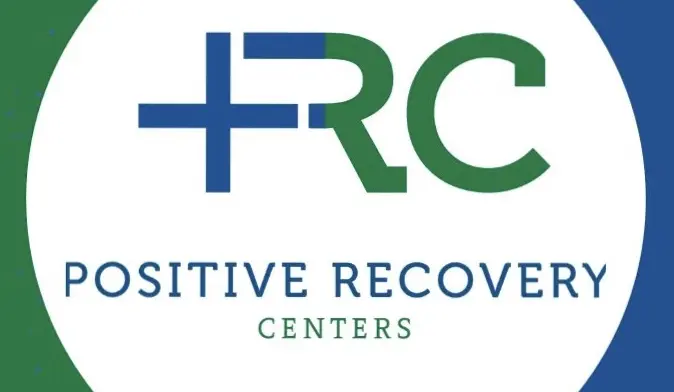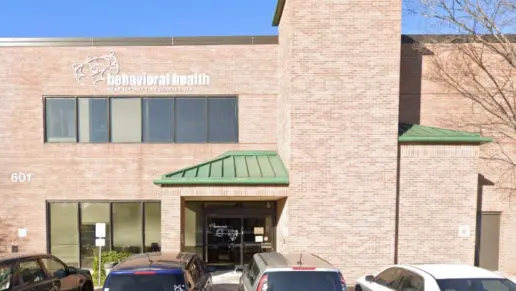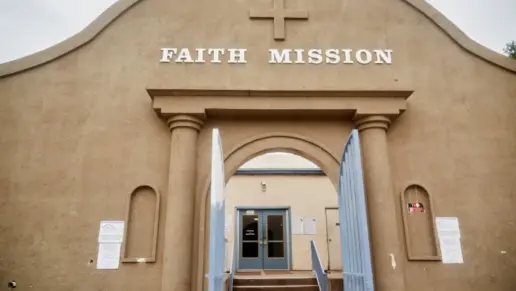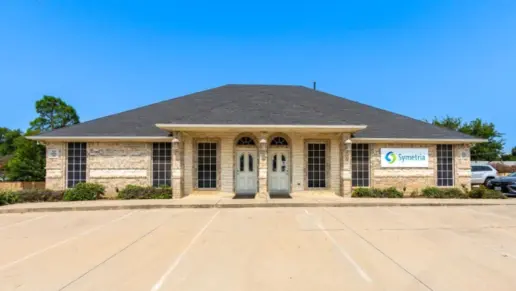About Positive Recovery Center – Humble
Positive Recovery Center – Humble is a private alcohol and drug rehab program in Humble, Texas. They offer a partial hospitalization program (PHP), an intensive outpatient program (IOP), and outpatient services for adults. Their approach to substance abuse treatment reinforces an individual’s pursuit of happiness and meaning with evidence-based treatment methods.
The PHP combines the structured environment of an inpatient program with the independence of outpatient care. Clients continue to live at home, spending 20 hours per week in care. Services may include individual and group counseling, psychiatric care, medication services, and motivational interviewing. Treatment methods may include cognitive behavioral therapy (CBT), The Matrix Model, 12 Step groups, mindfulness training, and experiential therapy.
The IOP offers continuing support for clients transitioning from a higher level of care. IOP treatment is delivered flexibly to accommodate work, school, and other responsibilities. Treatment focuses on relapse prevention, relationship building, and balancing recovery with different aspects of life.
General outpatient care focuses on individual counseling to help clients in the early stages of post treatment recovery. This is the least intensive level of care.
Aftercare is a form of continued support for those who have completed a treatment program. Aftercare focuses on group support meetings.
Positive Recovery Center accepts most major forms of insurance plans, such as Cigna, Optum, Humana, Magellan, and BlueCross BlueShield. Clients should confirm coverage before enrolling in treatment, as out of network benefits may vary.
Rehab Score
Location
Location
Accepted Insurance
Other Forms of Payment
Private insurance refers to any kind of healthcare coverage that isn't from the state or federal government. This includes individual and family plans offered by an employer or purchased from the Insurance Marketplace. Every plan will have different requirements and out of pocket costs so be sure to get the full details before you start treatment.
Self-pay involves paying for treatment out of your own pocket. You can use savings or credit, get a personal loan, or receive help from family and friends to fund your treatment. If you don't have insurance or your insurance plan doesn't cover a specific program, self-pay can help ensure you still get the care you need.
Financial aid can take many forms. Centers may have grants or scholarships available to clients who meet eligibility requirements. Programs that receive SAMHSA grants may have financial aid available for those who need treatment as well. Grants and scholarships can help you pai for treatment without having to repay.
Medicaid is a state based program that helps lower-income individuals and families pay for healthcare. Medicaid covers addiction treatment so those enrolled can use their coverage to pay for rehab. When a program accepts Medicaid the client often pays very little or nothing out of their own pocket.
Addiction Treatments
Levels of Care
Treatments
Substance rehabs focus on helping individuals recover from substance abuse, including alcohol and drug addiction (both illegal and prescription drugs). They often include the opportunity to engage in both individual as well as group therapy.
Programs

Clinical Services
Research clearly demonstrates that recovery is far more successful and sustainable when loved ones like family members participate in rehab and substance abuse treatment. Genetic factors may be at play when it comes to drug and alcohol addiction, as well as mental health issues. Family dynamics often play a critical role in addiction triggers, and if properly educated, family members can be a strong source of support when it comes to rehabilitation.
Group therapy is any therapeutic work that happens in a group (not one-on-one). There are a number of different group therapy modalities, including support groups, experiential therapy, psycho-education, and more. Group therapy involves treatment as well as processing interaction between group members.
In individual therapy, a patient meets one-on-one with a trained psychologist or counselor. Therapy is a pivotal part of effective substance abuse treatment, as it often covers root causes of addiction, including challenges faced by the patient in their social, family, and work/school life.
Life skills trainings involve all the skills a person must have in order to function successfully in the world. These include time management, career guidance, money management, and effective communication. Truly successful addiction recovery is based on the ability to not only live substance-free, but to thrive. Life skills teaches the practical necessities of functioning in society, which sets clients up for success in life, and therefore sobriety.
Amenities
-
Private Setting
Accreditations

The Joint Commission, formerly known as JCAHO, is a nonprofit organization that accredits rehab organizations and programs. Founded in 1951, the Joint Commision's mission is to improve the quality of patient care and demonstrating the quality of patient care.
Joint Commission Accreditation: Yes

The National Association of Addiction Treatment Providers (NAATP) is a professional association that represents organizations in the field of addiction services. Founded in 1978, NAATP's mission is to advance addiction services and ensure that high-quality addiction treatment is available and accessible.
NAATP Member: Yes

State Licenses are permits issued by government agencies that allow rehab organizations to conduct business legally within a certain geographical area. Typically, the kind of program a rehab facility offers, along with its physical location, determines which licenses are required to operate legally.
State License: Texas
Contact Information
265 FM 1960 Bypass East
Humble, TX 77338








